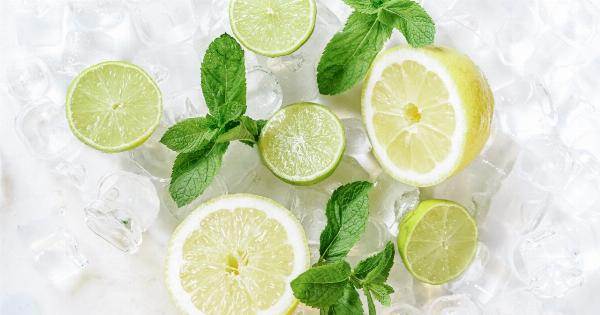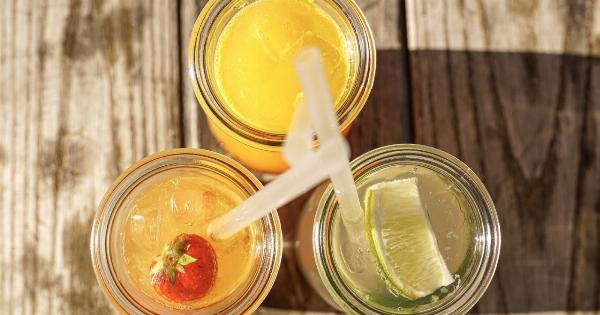Summer is the perfect time to indulge in fresh produce and delicious meals. From hearty grills to healthy salads, there are plenty of options to satisfy your taste buds during this season.
But with the hot weather, occasional picnics, and catered summer parties, it can be challenging to know what foods to buy and how to properly maintain them.
Fortunately, this guide will walk you through everything you need to know about purchasing and storing summer food.
Buying Summer Foods
The first step to enjoying summer food is to know how to properly buy it. Here are some tips to keep in mind:.
Fruits and Vegetables
Summer is the perfect time to reap the benefits of fresh fruits and vegetables. When purchasing produce, ensure to:.
- Choose firm, ripe produce that has no bruises, cuts or mold.
- Go for the fruits and vegetables in season to get the best quality.
- For instance, the summer months are ideal for peaches, strawberries, tomatoes, watermelon, zucchini, and corn.
- Select organic produce when possible; they are free of harmful chemicals.
- Shop for fruits and vegetables at farmer markets rather than supermarkets when possible.
- Also, ensure to wash your fruits and vegetables before consuming to remove dirt and bacteria.
Meat and Poultry
Summer barbecues are a tradition that all of us love. Here are some tips to keep your barbecue food safe and flavorful:.
- When buying meat and poultry, ensure to check the expiration date and discard any expired foods.
- Pick meat that is fresh, firm, and bright in color.
- Select meats that have the lowest fat content when shopping.
- Choose chicken over red meat as it is a healthier option.
- Pack your meat separately from other foods to avoid contamination.
- Finally, marinate your meat to add flavor and tenderize the meat.
Maintaining Summer Foods
Now that you know what to buy, it’s essential to understand how to maintain your summer food to keep them fresh and healthy. Here are some tips to keep in mind:.
Fruits and Vegetables
- Store your veggies and fruits in the refrigerators to keep them fresh and edible.
- Avoid washing your produce before storing them as moisture can lead to spoilage and mold.
- Wrap your fresh fruits and vegetables in paper towels to prevent moisture condensation.
- Consume your fruit and veggies within a week to avoid them from going bad.
- If you have more fruits or vegetables than you can consume, consider freezing them for future use.
Meat and Poultry
Do not let your meal plans get disrupted by spoiled meat and poultry. Follow these tips to keep your meats fresh and tasty:.
- Keep your meat and poultry in the refrigerator and not out on the kitchen counter.
- It’s important to ensure that your fridge temperature is below 40°F (4°C) to ensure that your meat doesn’t spoil.
- Also, never leave marinated meats out at room temperature. Always place your meat in the fridge or the freezer.
- Cooking your meat well-done will ensure any bacteria on it are killed.
- If you have any leftover meat and poultry, pack them in airtight containers and store them in the refrigerator.
- Consume your meat and poultry within three days of purchase to avoid spoilage.
Conclusion
With the above tips on buying and maintaining summer food, you can enjoy delicious and healthy meals throughout the season without worry of spoilage or contamination.
Take advantage of the local farmers’ market and cook up some delicious dishes that will keep you wanting more.































